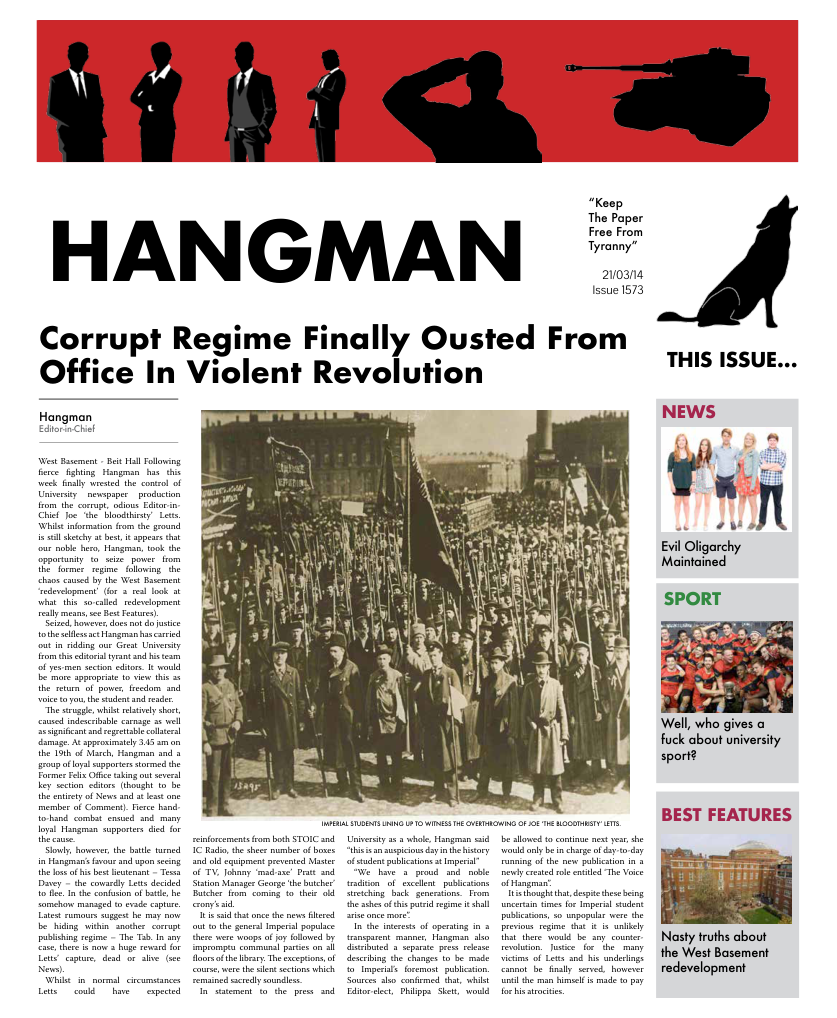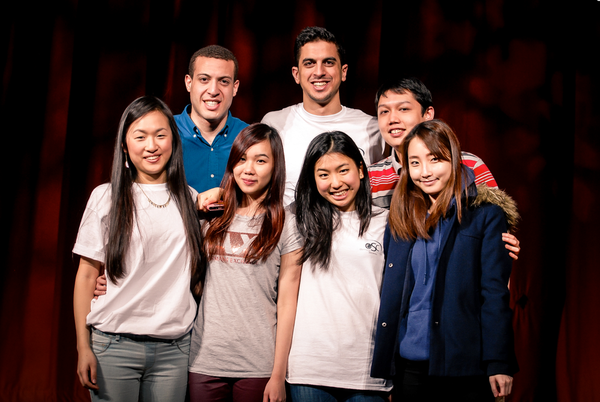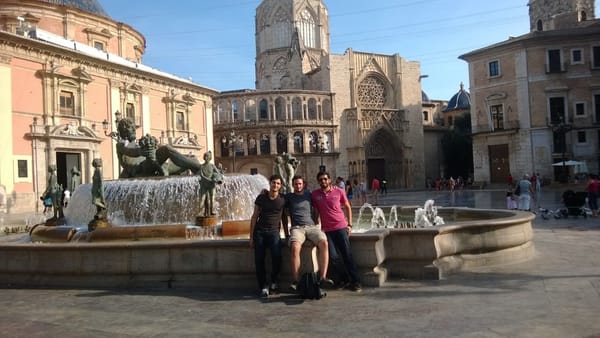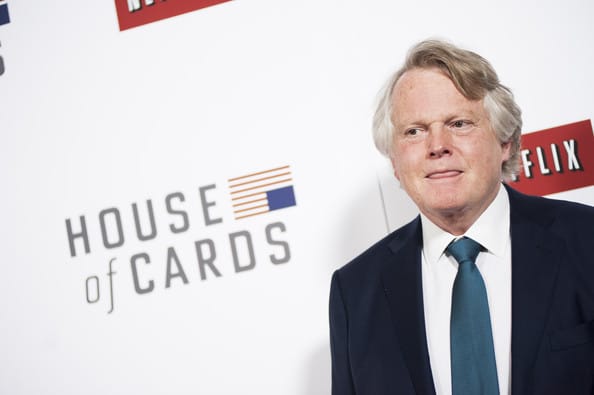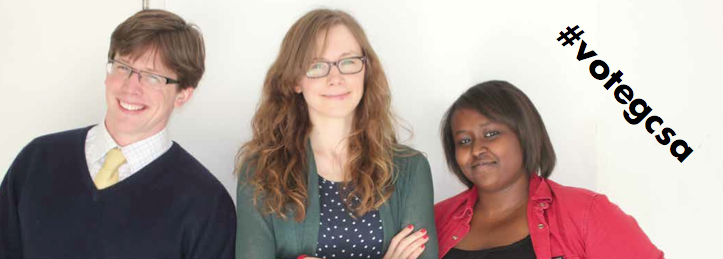A call for doctors
The number of doctors travelling abroad on ‘humanitarian’ missions in order to provide help for the millions of people suffering in less developed countries is nanoscopic.
The number of doctors travelling abroad on ‘humanitarian’ missions in order to provide help for the millions of people suffering in less developed countries is nanoscopic. In fact, more doctors in the less developed countries such as Ghana, Sierra Leone and Syria are migrating to the UK because of the attractive salary and more sophisticated health system. This leaves these countries starved of healthcare professionals of which they are in dire need.
57 countries in the less developed world have a ‘critical shortage’ of health workers, meaning that there’s fewer than 2.5 health care providers per 1000 population. 2.4 million extra doctors, nurses and midwives are needed to meet the global demands for health workers.
The situation in Ghana is a prime example of the health disparities which are occurring worldwide. There was a 47% increase in the numbers of Ghanaian doctors emigrating to more developed countries between 1998 and 2003. Furthermore, the number of doctors who practice in the UK who were trained in Ghana increased by 110% from 1999 to 2004. The reasons for migration are obvious: better pay for the physicians, a better quality of life and a superior government policy, to name a few. Richer countries should do more to alleviate the consequences of this ‘brain drain’.
In order to help these countries out in caring for the vast numbers of people suffering from infectious diseases, doctors should be encouraged to undertake humanitarian missions at some point in their careers. A lack of doctors who are willing to go on these humanitarian duties has urged the British Medical Association (BMA) to act.
Recently, the BMA announced that they will offer thousands of pounds to doctors and nurses in order to fund them on humanitarian missions abroad. Grants of up to £3000 are available from the BMA, who said: “the cash is intended to help with travel and subsistence costs from a fund with a total value of £20,000.”
In the future it may be possible for such philanthropic missions to become a compulsory part of the medical curriculum. In India, this has already happened, from 2015 all trainee doctors undertaking the MBBS course will have to undertake a mandatory rural posting at a rural public health centre. India’s 148,000 public health centres, which are the closest primary care stops for nearby villages, are predominately only run by midwives.
Although there is a huge shortage of doctors endeavouring to help out in less developed countries, some physicians have committed to reducing the health inequalities taking place. Barbara Jemic, a reconstructive surgeon who works at the Royal Free hospital in London, undertook a humanitarian mission to Sierra Leone last year. She said: “I travelled to Sierra Leone to provide essential training to a number of local doctors, nurses, therapists and medical students. Straightaway I was hit by the stark contrast between the resources, facilities, and level of care accessible in the UK compared to the developing world.”
David Nott, a general surgeon at Chelsea and Westminster hospital, has been labelled the ‘Indiana Jones’ of surgery. He has taken unpaid leave annually to provide help and to train doctors in warzones for over 20 years. Starting in Sarajevo in 1993 and most recently in Syria, he operates, trains and innovates in the most extreme conditions.
Dr Terry John, chair of the BMA’s international committee, who was behind the idea of funding doctors to help out in less developed countries, said “... it is incredibly inspiring to hear of colleagues showing great drive, courage and enthusiasm to improve the lives of patients across the world.”
The people who embark on these magnificent journeys lead by example in the world of medicine. Future doctors should be inspired by the difference they are making and should strive to reduce global health inequalities.

